Productivity has been a buzzword for decades, but its importance has never been clearer than in the current digital age. With the world literally at our fingertips, distractions abound and keeping our attention on the task at hand can be a real challenge.
But is productivity really overrated?
Well the truth is…
No! Productivity is not overrated, but the concept of productivity can be easily misunderstood. In this blog post, we will explore the true definition of productivity, the misconceptions surrounding it, and why it’s crucial for personal and business success.
Definition of Productivity

Productivity is often defined as the ability to produce something, but it’s more accurately described as the measure of efficiency in completing a task or achieving a goal.
It’s not just about doing more; it’s about doing more in less time and with less effort. Productivity is about creating tangible results, not just staying busy.
Why Productivity Matters More Than Ever
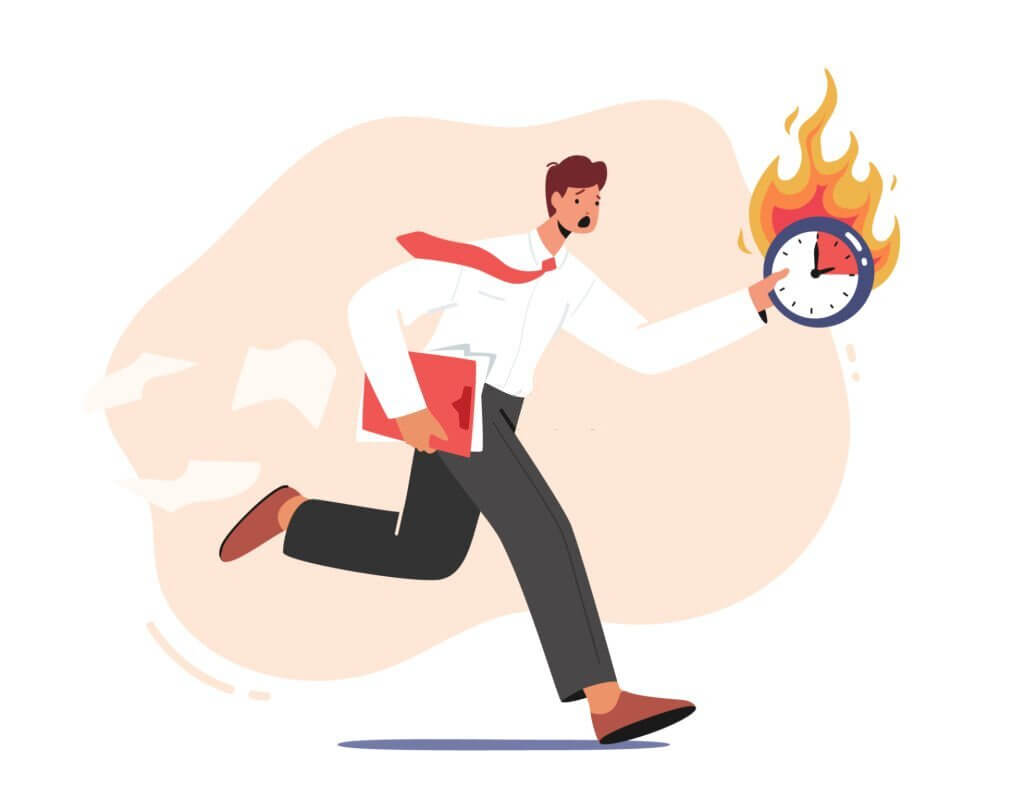
In a competitive market, productivity can mean the difference between success and failure. In today’s fast-paced economy, businesses and individuals alike need to be able to complete tasks quickly and efficiently, without sacrificing quality.
With so much competition in virtually every industry, those who can’t keep up are likely to fall behind. What’s more, productivity is directly linked to profitability.
When an individual or organization is able to get more done in less time, they can increase their output, meet deadlines more consistently, and satisfy customers more effectively. This, in turn, can lead to increased revenue and business growth.
Misconceptions about Productivity
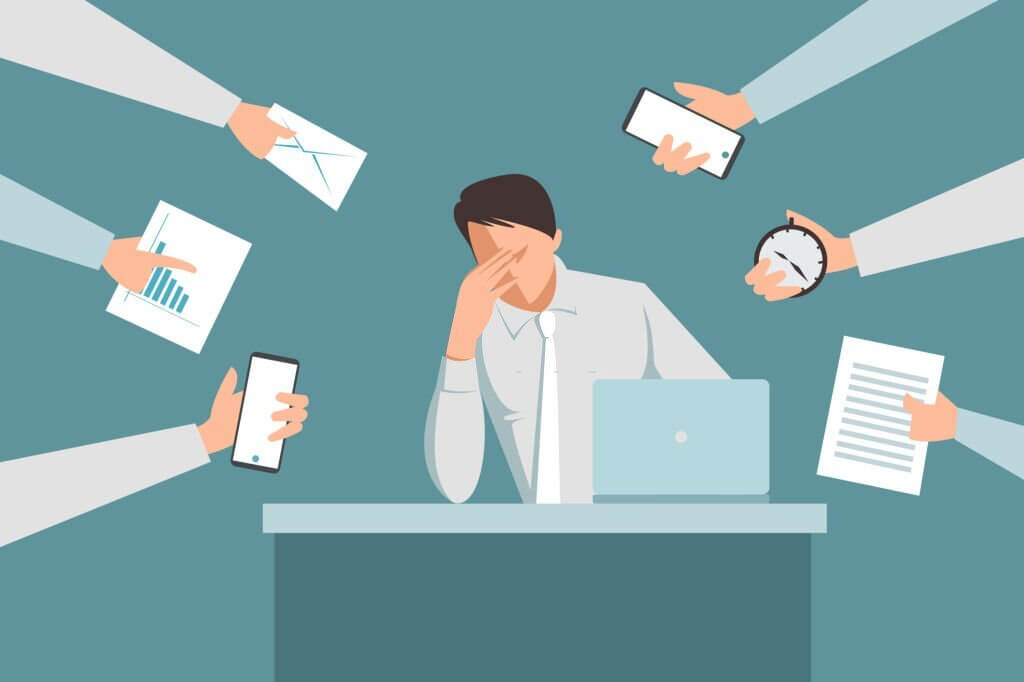
One common misconception about productivity is that it’s all about working harder and working longer hours. In reality, true productivity comes from working smarter, not harder.
Another misconception is that productivity is solely focused on work or career-related goals. However, being productive can also apply to personal goals, such as improving your health or learning a new skill.
In case you still aren’t sure if focusing on productivity is worth it, here is a short list of pros and cons of productivity which might help you gauge its importance.
Advantages of Productivity

Improvement of Quality Work
When productivity increases, so does the quality of output. Better efficiency promotes the possibility of completing work accurately and thoroughly.
Boosts Confidence and Stress Management
Higher productivity promotes the need to organize and prioritize, hence reducing mental pressures and increasing confidence in completing tasks.
Enhances Personal and Professional Life
Increased productivity can lead to higher earnings, which positively affects personal and professional lives.
Increases Financial Gain
Higher productivity leads to more output, hence leading to an increase in financial returns for organizations.
Improvement of the Economy
In general, increased productivity leads to overall economic growth, benefiting families and governments alike.
Disadvantages of Productivity
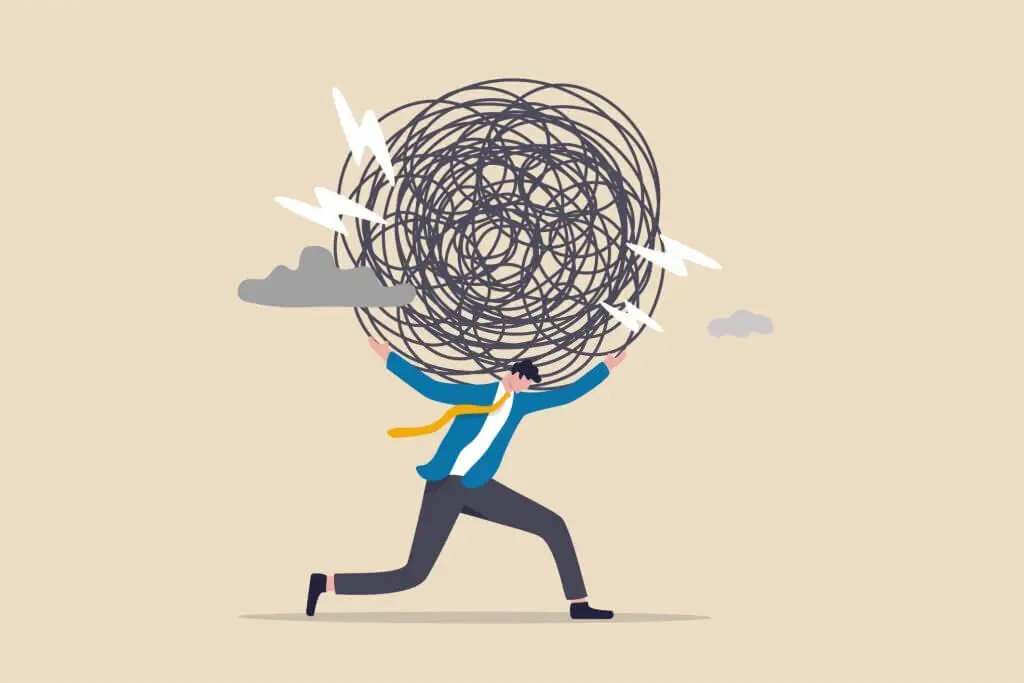
Increased Stress Levels
Ambitious productivity goals can lead to increased stress levels, harming overall wellness.
Adverse Health Effects
Constant delays and the pressure of meeting productivity targets can result in harmful health effects.
Burnout and Exhaustion
Pushing one’s productivity beyond sustainable limits results in burnout making it impossible to meet targets.·
Social Neglect and Isolation
Increased productivity can lead to solitary work and isolation leading to social neglect.
Detriment to Creativity and Innovation
Ambitious productivity goals can lead to a loss of creativity and innovation, focusing solely on numbers.
If you want to dive deeper in the ups and downs of productivity, we highly recommend you to read “Pros and Cons of Productivity: Weighing the Scales (2022)” which goes into more detail.
Takeaway
Being productive is not as easy as it may have appeared at first. However listing out the cons makes room for improvement. If you can manage to minimize its adverse effects which should not be that tough especially after being aware of them, you can enjoy all the quirks of productivity which makes it absolutely worth it.
Now let’s dive deeper to understand the nature of productivity and its impacts…
Importance of Productivity in Personal and Business Success

Productivity is essential for achieving personal and business success. Being productive allows you to make the most of your time, accomplish more, and reach your goals faster.
For businesses, productivity is directly tied to profitability, as the more efficient a company is, the more successful it is likely to be.
The Case for Staying Focused

How Focus Impacts Productivity
Focus is the key to productivity. When you are fully focused on a task, you are able to complete it faster and with greater accuracy. However, focus can be easily disrupted by distractions, which can lead to a decrease in productivity.
Benefits of Staying Focused
Staying focused has numerous benefits, including increased productivity, improved quality of work, and a reduction in stress levels. It allows you to complete tasks faster and with greater accuracy, which can boost your confidence and motivation.
How to Cultivate Focus
To cultivate focus, it’s important to eliminate distractions and create a conducive environment for concentration. This can be achieved by turning off notifications, finding a quiet place to work, and creating a routine to help you get in the zone.
Distractions: The Silent Productivity Killers
Distractions can come in many forms, including social media, email, and even noise in your environment. They can be the biggest obstacle to staying focused and productive.
Types of Distractions
There are two types of distractions: internal and external. Internal distractions refer to thoughts, emotions, and feelings that disrupt your focus, while external distractions refer to external stimuli such as noise, notifications, and interruptions.
How Distractions Affect Productivity
Distractions can have a significant impact on productivity, as they can interrupt your flow and cause you to lose focus. It takes time to get back into the zone after a distraction, which can contribute to lost time and decreased productivity.
Common Sources of Distractions
Some common sources of distractions include social media, email, and phone notifications. Other sources of distractions can include noise in your environment, interruptions from colleagues or family members, and even personal thoughts and feelings.
Tips for Managing Distractions
To manage distractions, it’s important to identify the sources of distractions and eliminate them as much as possible. This can be achieved by turning off notifications, finding a quiet place to work, and using tools such as noise-canceling headphones or browser extensions that block distracting websites.
Time Management: The Key to Productivity
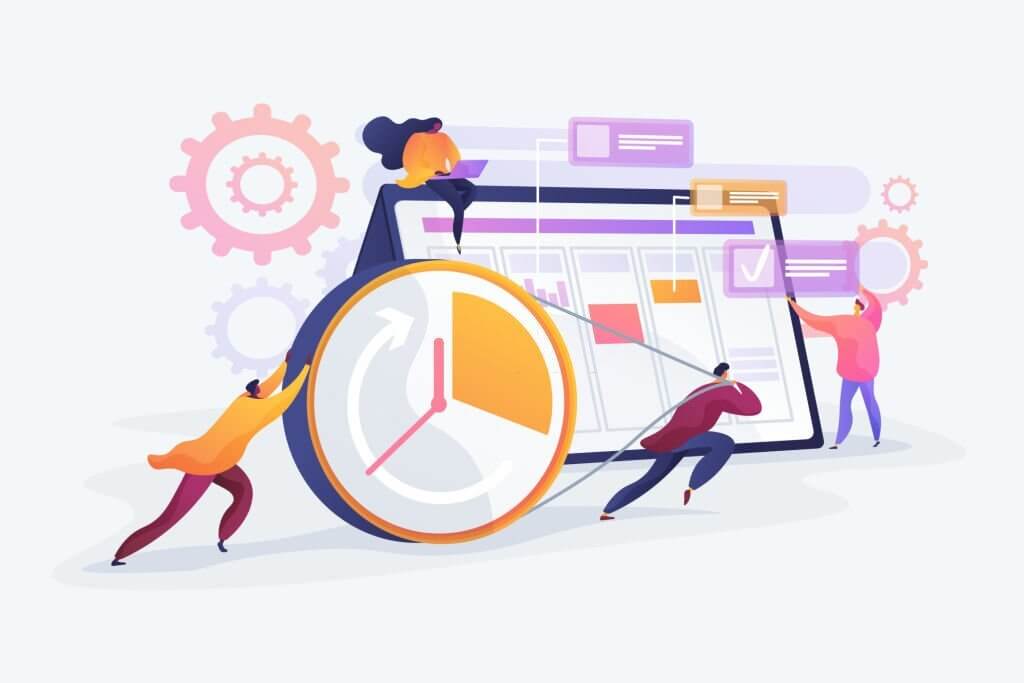
Importance of Time Management
Time management is essential for productivity, as it allows you to prioritize your tasks and make the most of your time. Effective time management can help you achieve your goals faster and with less stress.
Time-wasters to Avoid
There are many time-wasters that can hinder productivity, including procrastination, multitasking, and disorganization. It’s important to identify these time-wasters and eliminate them as much as possible.
Strategies for Effective Time Management
Effective time management strategies include creating a schedule or to-do list, prioritizing tasks, and blocking out designated time for specific tasks. These strategies can help you make the most of your time and achieve your goals faster.
Tools for Time Management
There are many tools available to help with time management, including mobile apps, browser extensions, and software programs. These tools can help you stay organized, prioritize your tasks, and track your progress.
Setting Goals: The First Step to Productivity

Why Goals Are Important for Productivity
Setting goals is essential for productivity, as it helps you stay motivated and focused on achieving tangible results. Without goals, it’s easy to lose direction and become overwhelmed.
The Difference Between Goals and Tasks
Goals are the overarching result that you want to achieve, while tasks are the specific actions that you take to achieve that goal. It’s important to have both goals and tasks, as they work together to help you achieve your desired outcome.
How to Set Achievable Goals
To set achievable goals, it’s important to make them specific, measurable, and time-bound. This means breaking down your goal into smaller, actionable steps and setting deadlines for each step.
Strategies for Working Towards Your Goals
Strategies for working towards your goals include creating a plan, staying focused on the end result, and tracking your progress. It’s important to stay motivated and focused on your end goal, even when faced with challenges.
Prioritization: Maximizing Productivity with Minimum Effort

Understanding the Importance of Prioritization
Prioritization is crucial for productivity, as it allows you to focus on the most important tasks and make the most of your time and resources.
Tips for Prioritizing Tasks Efficiently
Efficient prioritization involves identifying the most important tasks, categorizing them based on urgency and importance, and focusing on completing the most pressing tasks first.
Benefits of Prioritizing Tasks
Prioritizing tasks can lead to increased productivity, reduced stress levels, and improved work quality. By focusing on the most important tasks, you can accomplish more in less time.
Procrastination: The Productivity Thief

The Negative Effects of Procrastination
Procrastination can have a significant impact on productivity, as it leads to wasted time and missed deadlines. It can also contribute to increased stress levels and decreased motivation.
Common Reasons for Procrastination
Some common reasons for procrastination include fear of failure, lack of motivation, and feeling overwhelmed. It’s important to identify the root cause of your procrastination and take steps to overcome it.
Strategies for Overcoming Procrastination
Strategies for overcoming procrastination include breaking down tasks into smaller steps, creating a schedule or to-do list, and setting deadlines. It’s important to stay motivated and focused on your end goal, even when faced with challenges.
How to Stay Motivated
To stay motivated, it’s important to celebrate small wins, visualize your end goal, and surround yourself with positive influences. Remembering why you started and focusing on the benefits of achieving your goal can also help you stay motivated.
Energy Management: Fueling Productivity

The Connection Between Energy and Productivity
Energy is a key component of productivity, as it affects your ability to focus, think clearly, and make decisions. It’s important to manage your energy levels to ensure optimal productivity.
Tips for Maintaining High Levels of Energy
Tips for maintaining high levels of energy include getting enough sleep, eating a healthy diet, and staying hydrated. Regular exercise and practicing relaxation techniques, such as meditation or deep breathing, can also help increase energy levels.
The Importance of Rest and Relaxation
Rest and relaxation are essential for recharging your energy levels and maintaining optimal productivity. Taking breaks and practicing self-care can help prevent burnout and maintain your overall well-being.
The Role of Diet and Exercise in Productivity
Diet and exercise play a significant role in productivity, as they affect your energy levels, physical health, and mental well-being. Eating a healthy diet and engaging in regular exercise can help improve focus, concentration, and overall productivity.
A worthy mention regarding this topic would be Healthline’s “Is Diet or Exercise More Important for Your Health?” post which dissects the importance of diet and exercise and their relationship with each other.
Work-Life Balance: How to Stay Productive Without Burning Out

The Impact of Work-Life Balance on Productivity
Maintaining a healthy work-life balance is crucial for productivity, as it helps prevent burnout and ensures overall well-being. By avoiding overwork and stress, you can maintain high levels of energy and focus.
Common Challenges to Work-Life Balance
Some common challenges to work-life balance include long work hours, stress, and difficulty disconnecting from work. It’s important to be aware of these challenges and take steps to overcome them.
Strategies for Managing Work-Life Balance
Strategies for managing work-life balance include setting boundaries, prioritizing self-care, and engaging in activities that promote well-being. It’s important to find a balance that works for you and allows you to achieve your goals without sacrificing your personal life.
Benefits of Achieving Work-Life Balance
Achieving work-life balance can lead to increased productivity, improved health, and greater overall happiness and satisfaction. It allows you to achieve your goals while maintaining a healthy and fulfilling personal life.
If you’re still having trouble mapping out how to tackle the work-life balance problem, we encourage you to read “How to Balance Your Work and Personal Life for Optimal Productivity“.
Conclusion
Productivity is not overrated. It’s a crucial component of personal and business success. By cultivating focus, managing your time, setting goals, prioritizing tasks, overcoming procrastination, managing your energy levels, and achieving work-life balance, you can become a more productive and efficient person.
Remember that true productivity comes from working smarter, not just harder. By implementing these strategies and tips, you can achieve more in less time and drive greater success in both your personal and professional life.
FAQs
Some common misconceptions about productivity include the idea that it’s all about working harder or that it’s solely focused on work or career-related goals.
To cultivate focus, it’s important to eliminate distractions and create a conducive environment for concentration. This can be achieved by turning off notifications, finding a quiet place to work, and creating a routine to help you get in the zone.
Some common sources of distractions include social media, email, and phone notifications. Other sources of distractions can include noise in your environment, interruptions from colleagues or family members, and even personal thoughts and feelings.
The Pomodoro Technique is a time management method that involves breaking down work into 25-minute intervals, followed by a five-minute break. This can help increase productivity and focus.
To stay motivated, it’s important to celebrate small wins, visualize your end goal, and surround yourself with positive influences. Remembering why you started and focusing on the benefits of achieving your goal can also help you stay motivated.
Research shows that multitasking can actually lower productivity and increase stress. It’s better to focus on one task at a time.
Some energy-boosting foods include almonds, bananas, spinach, and dark chocolate. Eating a balanced diet with plenty of fruits, vegetables, and lean protein can also help increase energy levels.
To achieve work-life balance without sacrificing productivity, it’s important to set boundaries, prioritize self-care, and engage in activities that promote well-being. Remember that achieving work-life balance is not just about reducing work time, but also about increasing productivity during that time.
While productivity is important, it’s also important to maintain a healthy work/life balance and avoid burnout. It’s okay to take breaks and recharge your batteries.

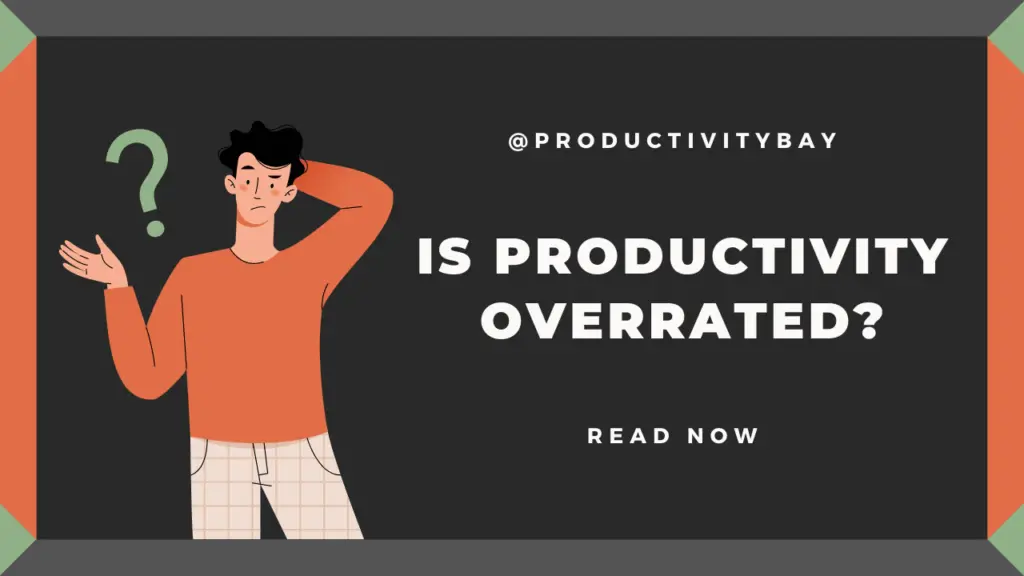


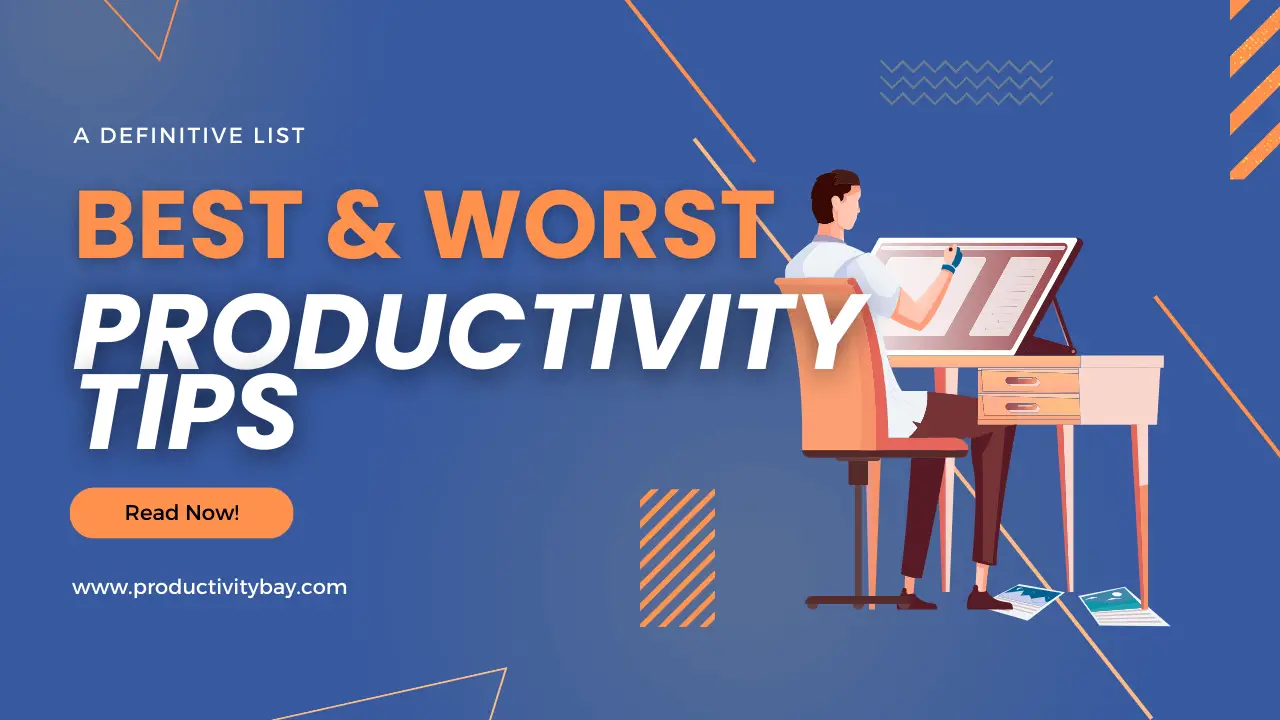
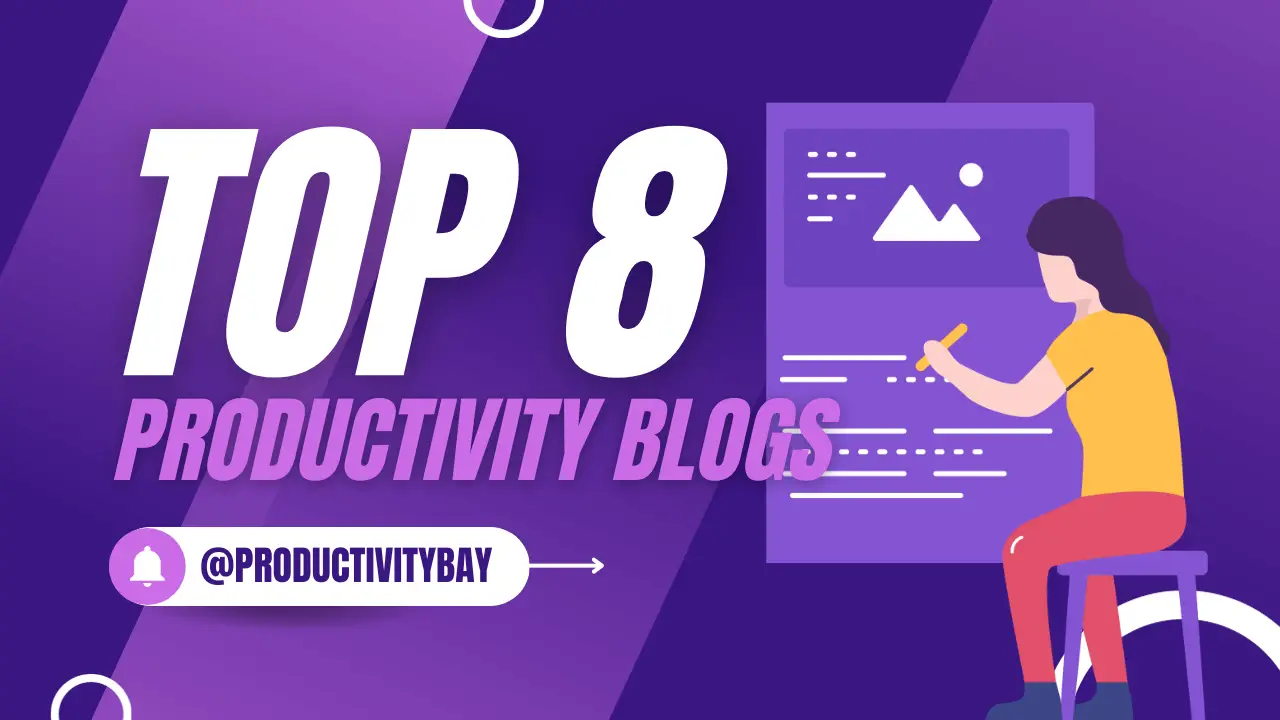

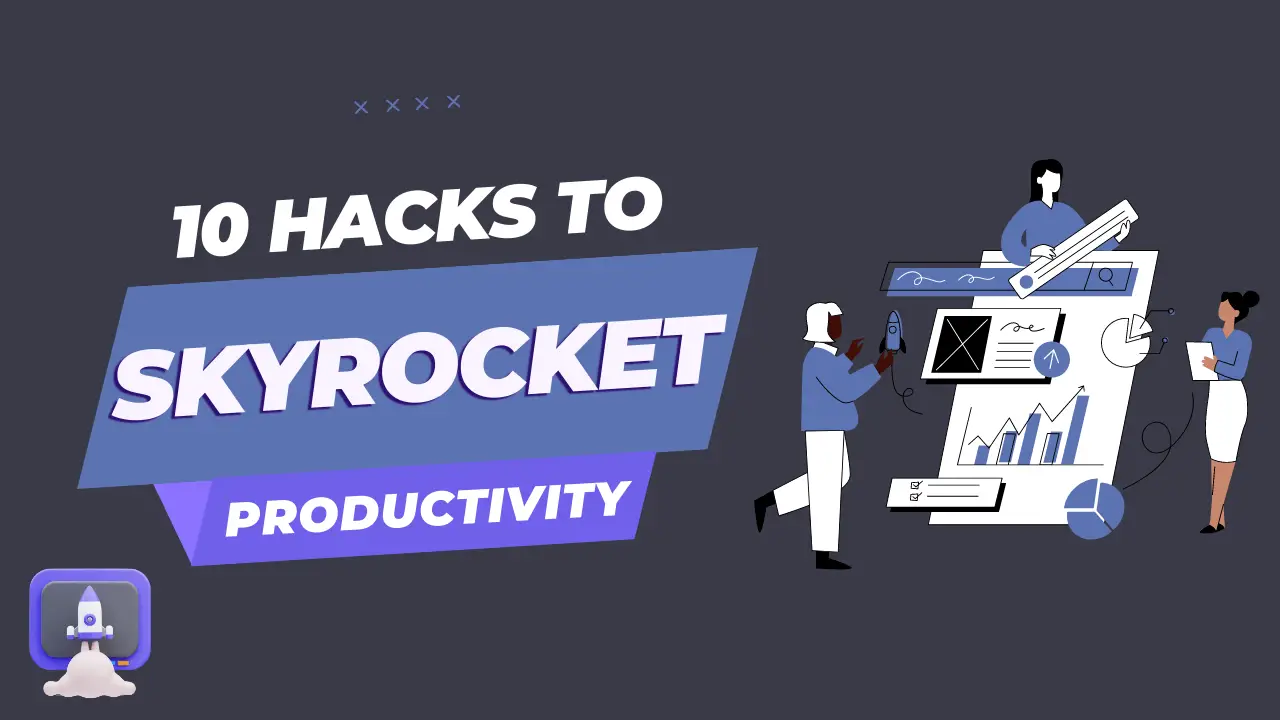
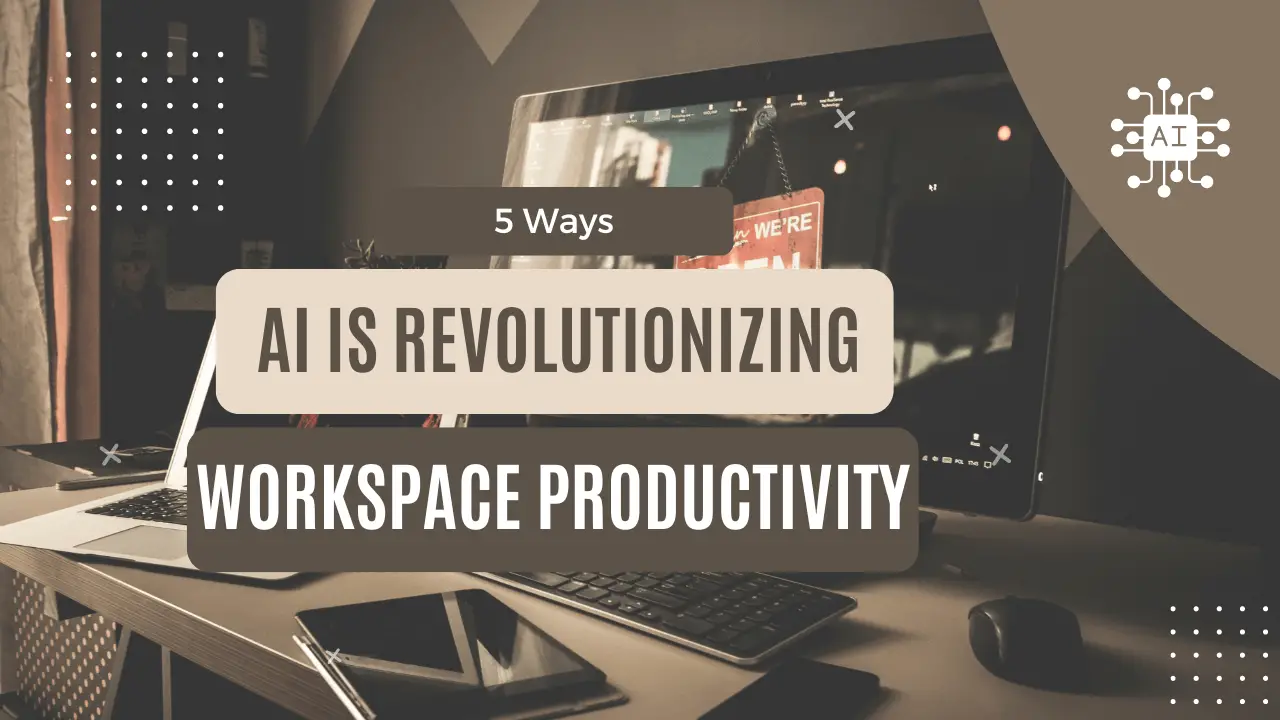
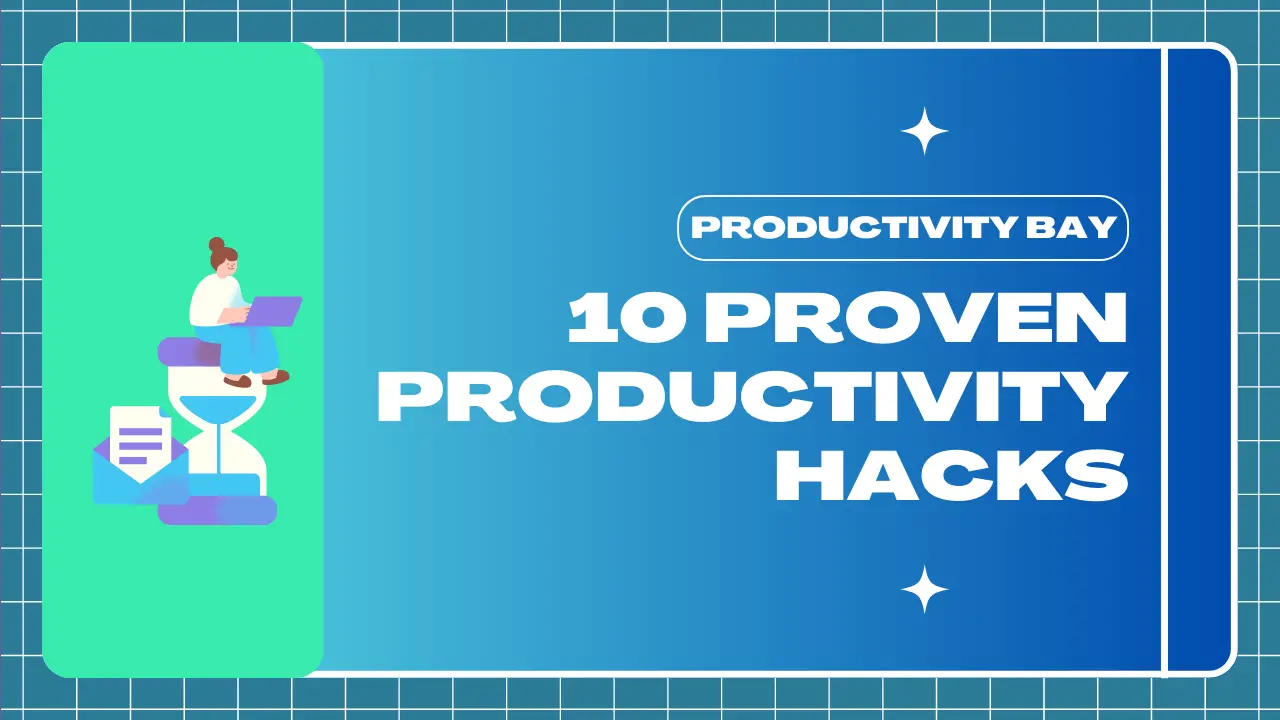






Leave a Reply